Karazin University Alumni on the Front Line: Lastivka
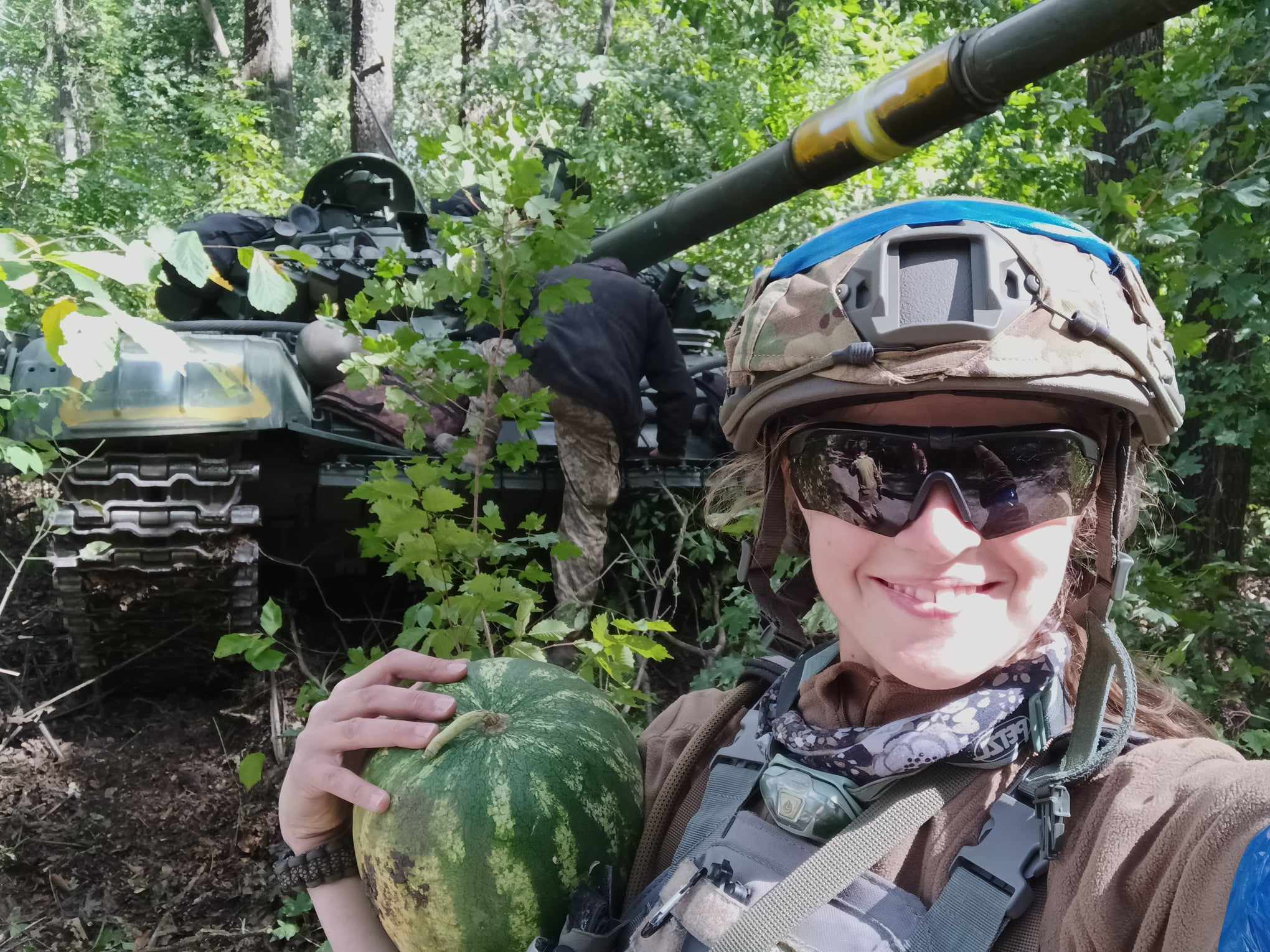
"It is difficult to make plans for the future because our main plan is to win the war. And as quickly as possible." This statement was made by "Lastivka," a graduate of the School of Radio Physics of Karazin Kharkiv National University (now RBECS), a current military servicewoman standing in defense of Ukraine today.
Karazin University conducted an interview with Lastivka about her life before and during the war, daily life on the front line, and the challenges of the present. This is a story of a brave young woman who chose not to remain indifferent.
Karazin is contributing to support Lastivka and her group. Karazin is contributing to support Lastivka and her group:
Goal: 10,000.00 ₴
Bank card number: 5375 4112 1270 8304
Please tell us about yourself before the war with Russia, what were you doing?
Life was beautiful. It was meaningful. There were dreams and successes: professional and athletic. Just on the eve of the full-scale invasion, I had already defined my preferences. I worked in the IT industry, and I enjoyed it.
There were dreams I aspired to. There were enough resources to fulfill them: to provide for the family's needs, to participate in volunteer and community projects. Before the war, everything was great.
When and how did the war start for you?
The full-scale war started for me slightly before the first explosions. Essentially, the war began for me in 2014; I'm one of those dinosaurs. I received the alarm signal from my colleague by phone before the first explosions. He said that Putin had signed the SVO, and it was time to urgently evacuate the family. The evacuation plan was in place.
February 24 was a very long day. Hands were shaking, of course, although we had been preparing for this day for a long time. We couldn't imagine how it would be, under what circumstances we would meet it. The only thing we had was a collective plan for evacuating families and our group. Initially, we gathered in small subgroups. We understood that the war was about to begin. And the time came. In addition to the family evacuation plan, we had personal weapons, combat kits, personal ammunition. What we didn't have was communication with neighboring active units, both official and those who dared to participate in the war on February 24.
The first night of the war passed surprisingly quietly. We were in Saltivka, in the apartment of a young family that had probably left in the morning. We took turns at the windows overlooking the North. But the enemy did not enter the city.
When and how did you decide to join the military?
Let me go back a bit. The years 2013 and 2014 were filled with various psychological events for me. It was a challenging period in my life. I had recently graduated from university, and I felt lost in the professional space. It was difficult to find my place: what to do, where to go, how to make myself useful. All of this overlapped with personal difficulties, and then the Euromaidan began. At that time, I, you could say, forced myself to follow the news because it was alive, painful, and real despite all the farce happening in my life. A serious historical process was unfolding.
At the end of August 2014, my friend suggested that I go "dig trenches." I thought, I'm a sporty girl, why not dig trenches in the north of Kharkiv region. That's how I joined the large volunteer movement, which has not faded away over all these years. Since 2014, we have all been together; we just switched from shovels to personal weapons at one point. Our circle expanded, the theme of our work changed. And so, as a team that originated in 2014, we met February 24, 2022.
Do we understand correctly that initially your volunteer activities gradually evolved into direct participation in combat actions?
I can say this: initially, my volunteer activities, which started with digging trenches, evolved into educational work. We established a branch of a well-known public organization in Kharkiv aimed at educating the civilian population in military affairs. We focused heavily on shooting because in 2014–2016, it was extremely difficult for civilians to get any firearms training; people had no idea about the types and purposes of weapons. People didn't know if hunting weapons could be used in military affairs. We were developing this shooting direction and related aspects. For example, military topography is my little passion. Gradually, we introduced tactical medicine and "engineering" within our competencies, also inviting professionals. Volunteer activities were and remained educational for the civilian population.
What was the main motivation in the decision to join the military?
I cannot stand injustice, as in this case—the terrorist attack of Russia on Ukraine. Besides, I saw no personal reasons why I wouldn't make such a decision. I don't have a small child, I don't have guardianship over anyone, no complex business that would collapse without my presence. So, what limitations do I have not to do this? I had to join.

You are a person for whom the war has been ongoing for over 9 years. What motivates you and gives you strength to endure and continue fighting during all this time? Is there something you would call a "guiding star"?
Now, looking back after more than a year and a half of full-scale war, my guiding star is my group. Many in this group are people who once came to us to learn in the public organization. I feel a responsibility towards each of them. Each person came to lectures, found our organization, spent their time and money, bought this weapon, went with us to training, and on February 24, they all responded. In fact, from our group, there are literally 2–3 people who did not join the official Armed Forces, but they dedicate themselves to volunteering. Back then (before the full-scale war), it was difficult to assess how much these people meant to me.
The idea of the State of Ukraine also motivates me, which I highly value. Once, in high school, I was asked if I was Ukrainian or Russian. At that time, I spoke Russian, but without thinking, I said, "I'm Ukrainian, of course." I didn't consider any other answer to that question, and my sister did the same. We understood that despite growing up in a Russian-speaking environment, in a Russian-speaking city, we perfectly understood the Ukrainian language and spoke it fluently. We saw ourselves as citizens of Ukraine, which now needed protection.
Can you recall any value transformations that happened to you during the war?
Well, regarding the religious component – I'm more of a scientific agnostic. But a couple of times, I found myself vividly thinking that it's tough for us on our own, and it wouldn't be bad to get help from somewhere. As for all other beliefs, I can't say that my worldview has changed. I lived in this paradigm of justice, which I sometimes strongly lacked, and my love for the state, which I loved by default. I remained who I was.
Can you talk about the position of women in the military? Are there any challenges, difficulties? How do you cope with them?
Oh, just today, the atelier called me that they tailored the winter uniform according to sizes. Domestic difficulties bother both men and women equally: problems with uniforms, equipment, and supplies. It's a separate category, and it's equally challenging for both genders.
Again, I'm very grateful to my group because it would have been very tough for me without them. I see examples where girls are treated unfairly: they are not allowed into combat or treated somewhat disdainfully. Usually, I personally never felt any pressure because I'm a woman. On the contrary, they treated me respectfully and listened to advice. In Bakhmut, people were surprised to see a woman with a weapon in combat work, and often people were very helpful if we needed something in terms of resources—they found it; if we needed support—they provided it.
Tell us about what the training at the university gave you in professional and spiritual terms?
It's very nice to remember and know that Alma Mater is nearby. Now I would incredibly appreciate my specialty. Drones, antenna technology, electronic warfare – that's exactly what we studied while I was a student. Nice to remember. It's sad to realize that the knowledge is lost because the profession was not related to it. Now I have thoughts that I could ask for tutoring or consultation. Because I'm sure that they will help us find answers to practical questions here.
What is Kharkiv University for you in a few words?
You know, they often say that Kharkiv University is a family. Now I've switched to my combat group, and I can't say that about it. But it's a confident backup airfield. We need help, and we will fly to this airfield for advisory assistance.
Kharkiv University is a cool ticket to life. I remember that I was a bit "lost." It was a challenging period, but then, wherever I was, whether I worked in technical translation or business analysis, I always came across projects related to electronics or things where they said, "You know about antennas." And so, Kharkiv University always goes along like an inconspicuous shadow. It's pleasant to remember Kharkiv University.
You spoke a lot about your group; can you show us the flag and tell us a bit more about it?This is the flag of the "Saigon" group. It's a unicorn in a trophy gas mask. It was picked up from those "tigers" who dared to invade Kharkiv. This gas mask is a remnant from the mob that dared to cross the city's border. The unicorn was a funny story. One of our warriors, who is a father of two little girls, brought this huge unicorn to the apartment where we settled. Then we pulled out a gas mask, put it on the unicorn, and this spectacle harmoniously fit into the apartment crowded with people. It's not very convenient to carry it with you, so one of our warriors transferred the idea of an image to the logo of our group, and later we printed the flags. And now we live with this little Saigon, and it fights with us. Children are very happy when they see the unicorn, and people smile at this thing, which pleases us a lot.
Can you share your plans for the future?
To dismantle the mob, let it burn.
I still hope to return to civilian life from this war and catch up with the dreams that the war stole from me. One of them is to learn to fly a small plane. I don't give up on this hope. I really want to be in the sky. As for future plans, it is very difficult to build them because our biggest plan is to win the war. And as soon as possible.
Now you can give advice, guidance, and wishes to the Kharkiv University community and everyone who will see the story about you. What would you like to say?
My message to the community is not to be afraid to stand up for the truth, no matter what path of fighting for it may be. There's no need to be afraid of it. Even if we take our group, although we are military-related, essentially we were not military. And now, in fact, we are civilians. It just happened that temporarily we became military.
Understanding what real life truth is and the readiness to stand up and defend it really supports, nurtures inner strength and willpower. Every day when we are in combat, we understand that the day is not lived in vain, and we are very proud of it, realizing that it's not as scary as it might have seemed at first. Just don't be afraid to start the fight.



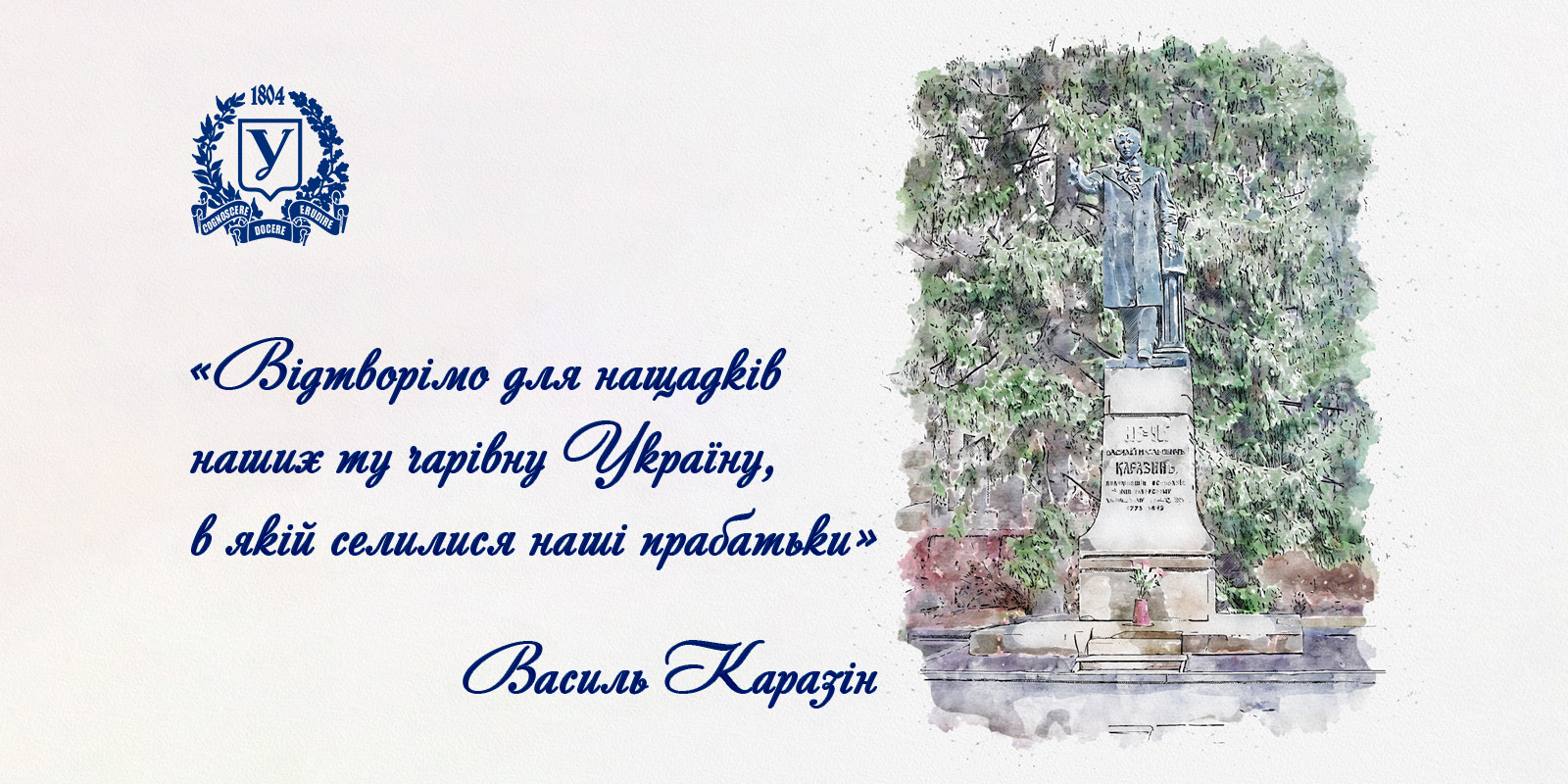
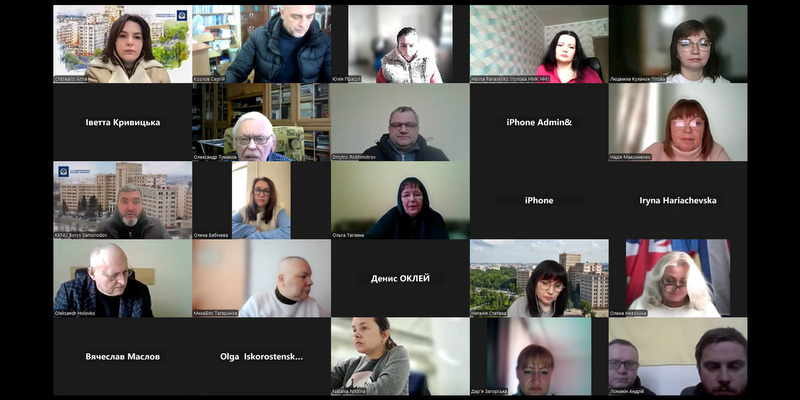
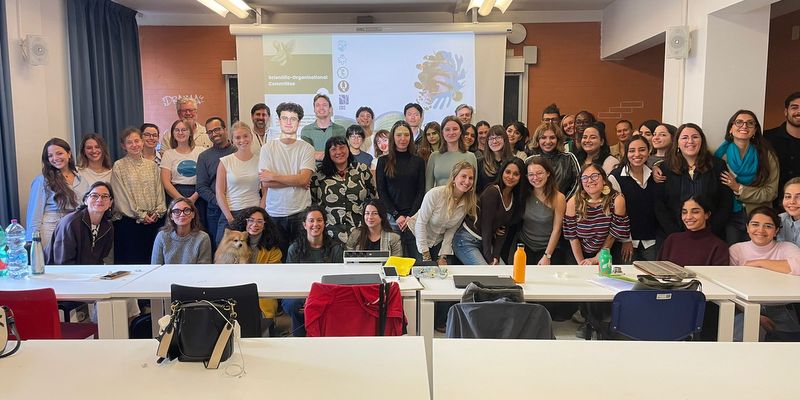
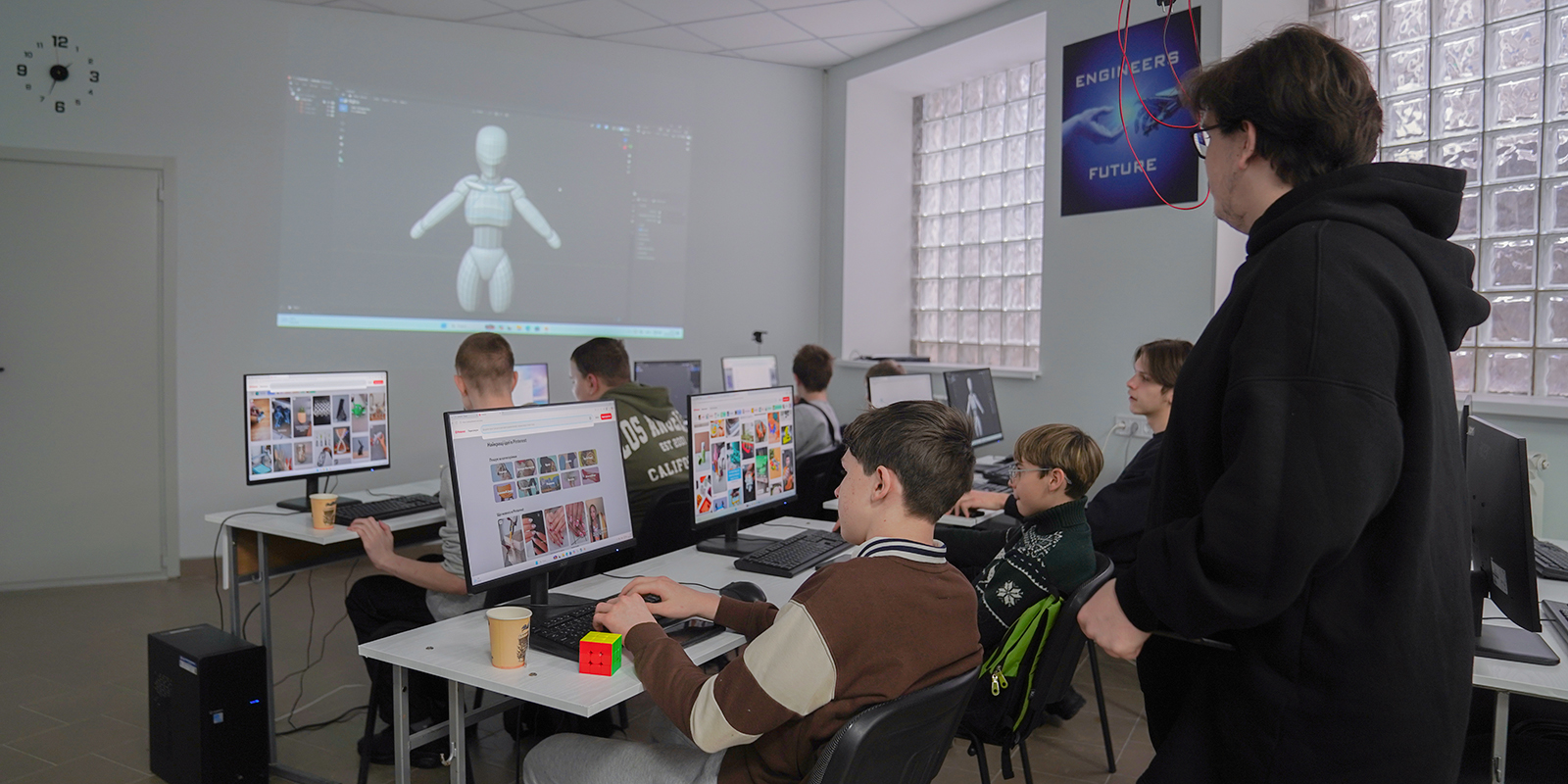
.jpg)
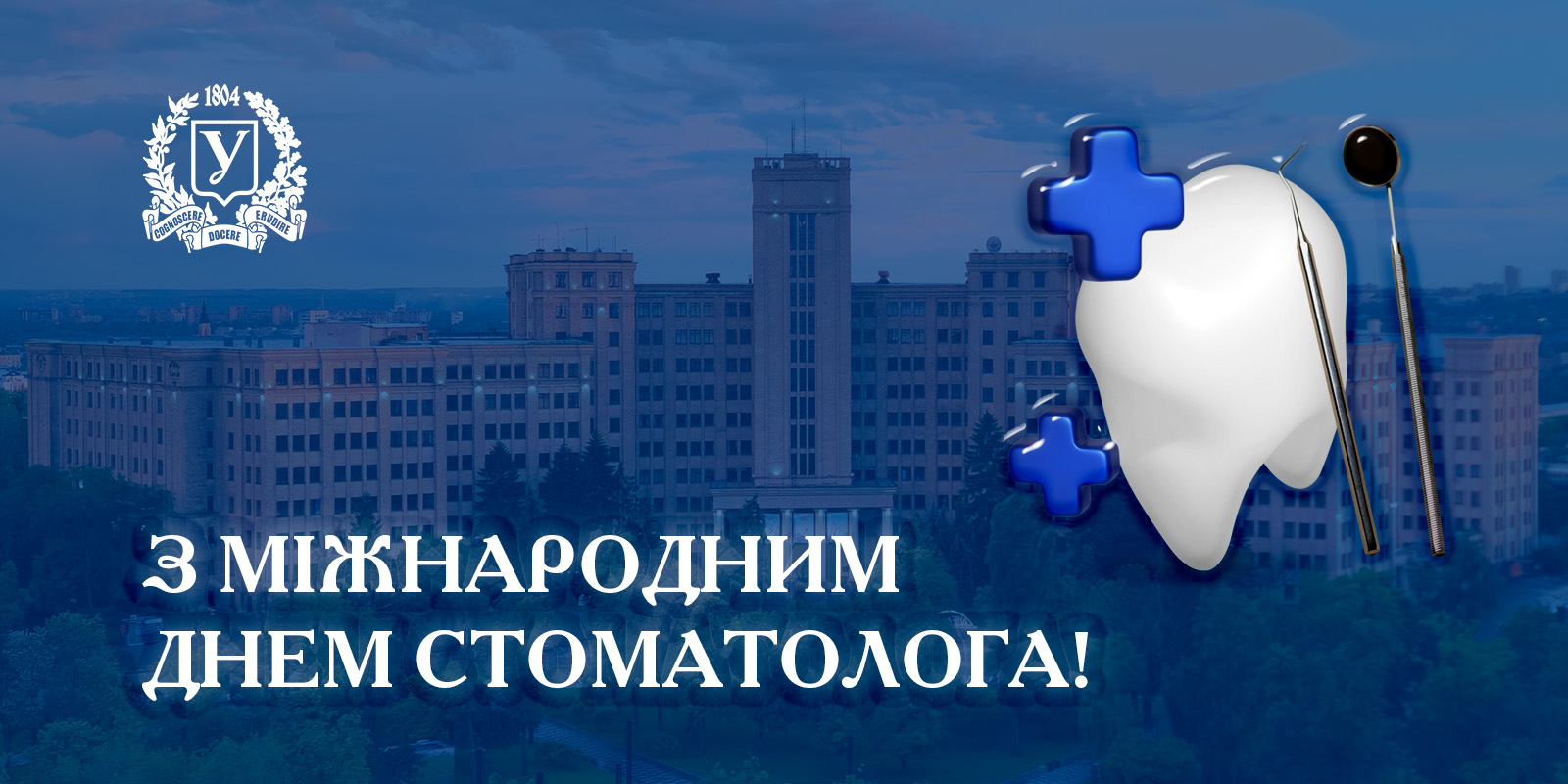
%20(1).jpg)
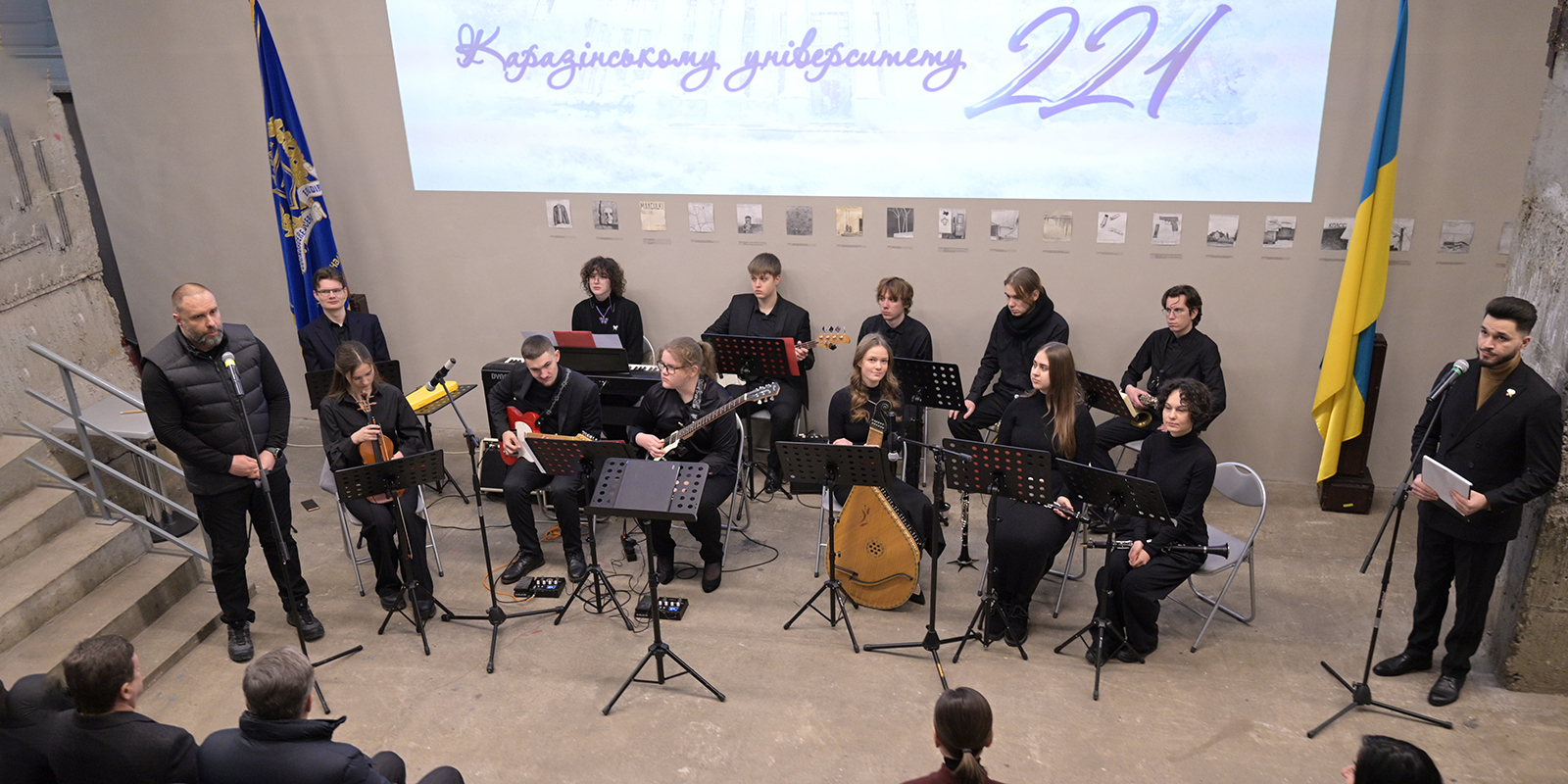
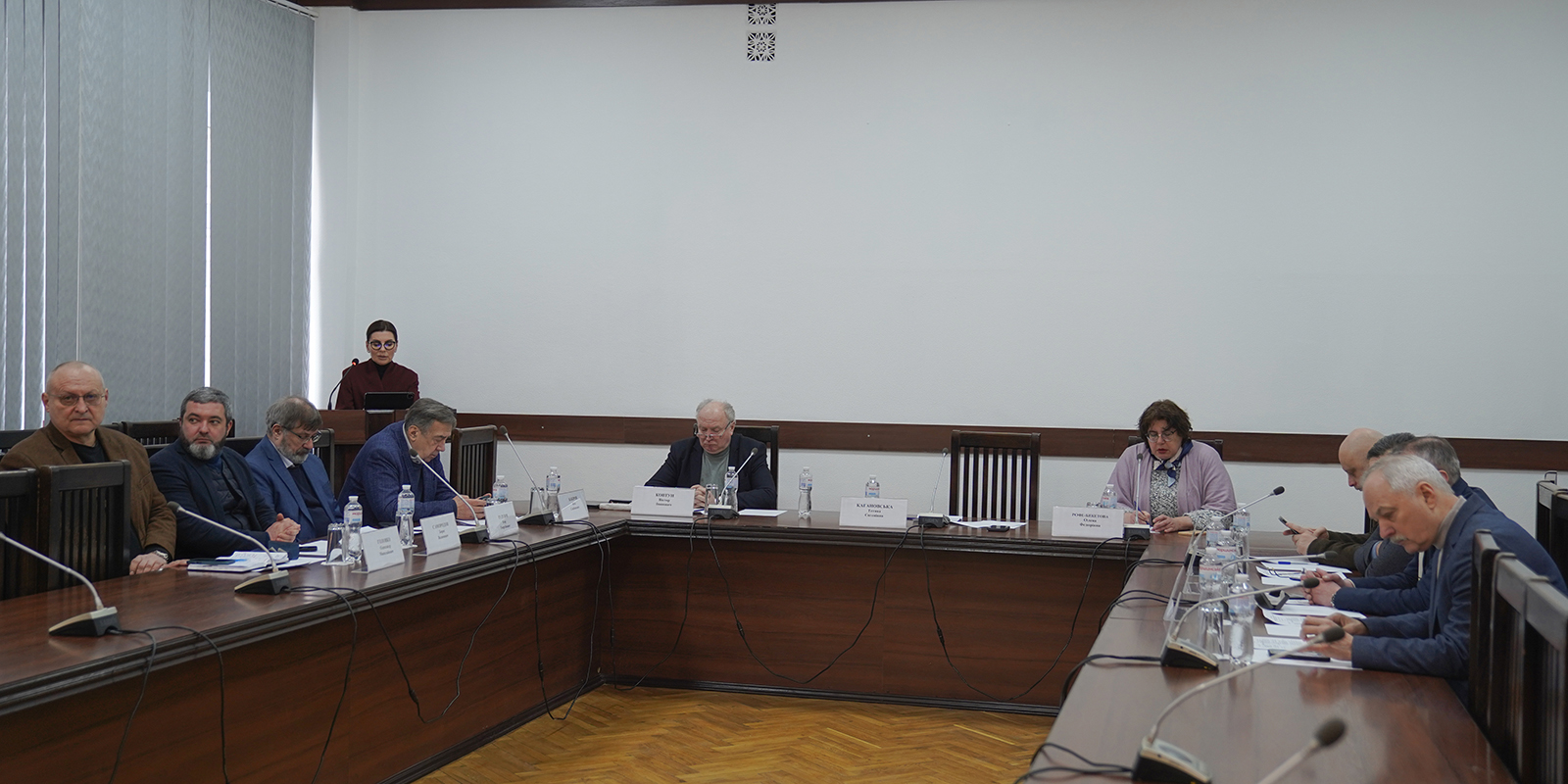
%20(1).png)